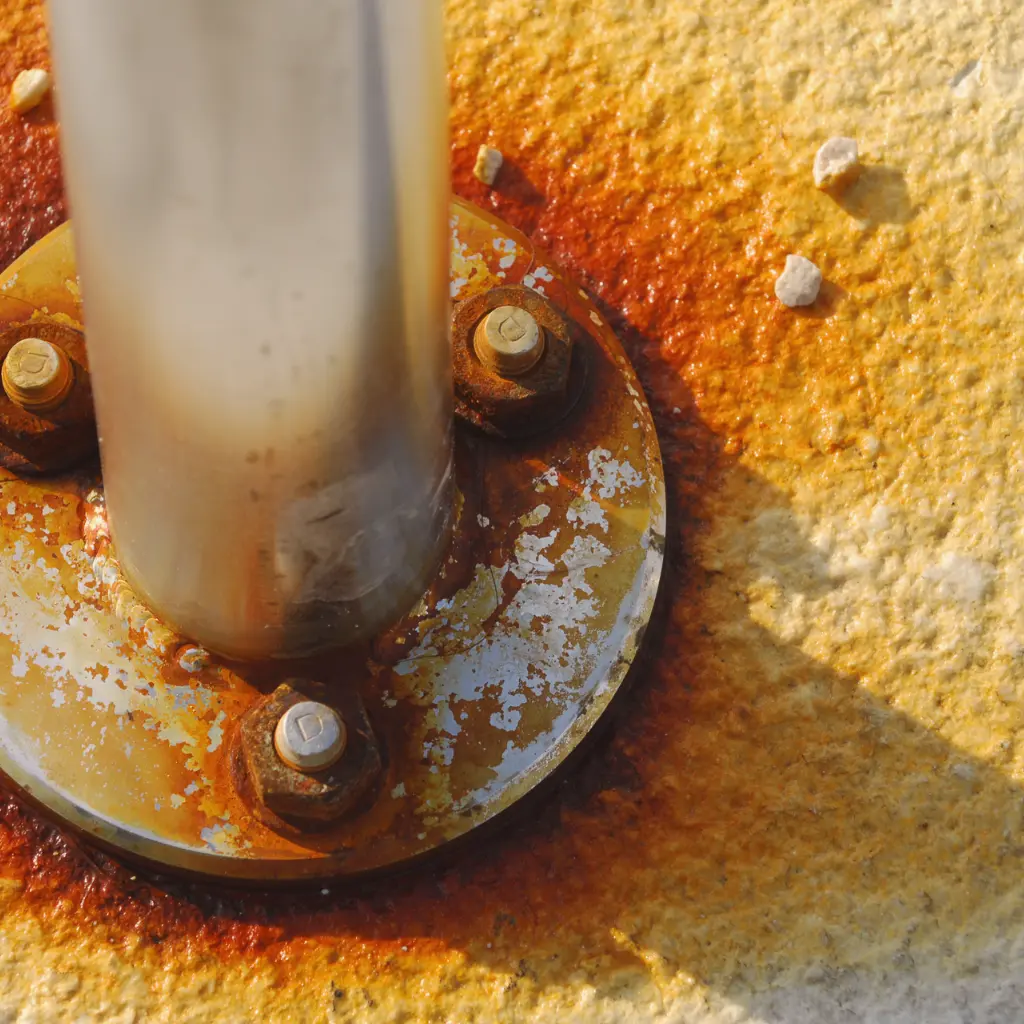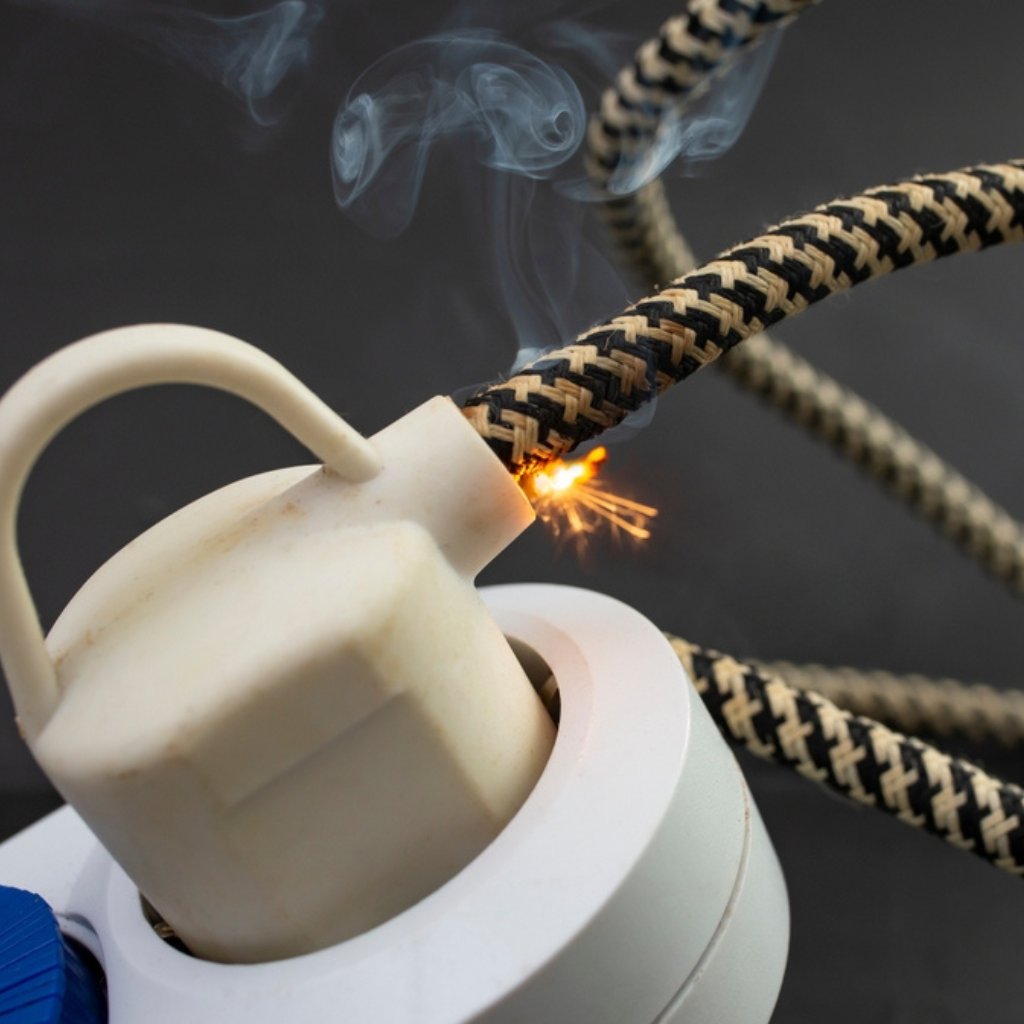

EARTHWAY TECHNOLOGIES LLP is leading manufacturer of copper electrode for earthing in Amravati, Maharashtra. A copper electrode for earthing is a grounding system consisting of a steel core coated with a layer of high-conductivity copper.
This combination provides mechanical strength and superior electrical conductivity, allowing efficient and smooth flow of current to the ground. This reduces the risk to electrical gears and human lives to a very high extend.
| Specification | Details |
|---|---|
| Base Material | Low Carbon Steel |
| Base Coating Material | Copper |
| Coating Material | 99.9% Pure Electrolytic Grade Copper Anode |
| Available Coating Thickness | 100 Micron (Average) |
| Available Diameter (mm) | 40, 50, 65 |
| Available Length (m) | 1 meter to 3 meter |
| Terminal Dimension (optional) | 35×6,40×5 50×6 |
| Connecter | SS nut bolt |
| Model | Length (Mtr) | Dia (Available) | ||
|---|---|---|---|---|
| MM | MM | MM | ||
| 3000 MM CB | 3 | 65 | 50 | 40 |
| 2000 MM CB | 2 | 65 | 50 | 40 |
| 1500 MM CB | 1.5 | 65 | 50 | 40 |
| 1000 MM Cu | 1 | 65 | 50 | 40 |
Copper Electrode for Earthing is essential for safe, efficient grounding. Here’s why:
Copper is widely used for earthing electrodes due to its high conductivity (second only to silver), which allows for efficient dissipation of electrical currents into the ground.





The versatility of copper-bonded earthing electrodes makes them a go-to solution for various applications:


Earthway Technologies uses high-purity copper in their electrodes, which ensures optimal conductivity and the most efficient grounding performance.
The superior conductivity of copper helps rapidly dissipate fault currents into the ground, ensuring your grounding system is highly effective and reduces the risk of electrical hazards.

A copper electrode for earthing is a conductive rod or plate made from copper that is used to connect an electrical system to the ground. It provides a path for fault currents to safely dissipate into the earth, ensuring electrical safety and preventing hazards like shocks or fires.
Copper is widely used for earthing electrodes because of its high electrical conductivity, corrosion resistance, and durability. These properties allow copper to efficiently conduct fault currents and resist degradation over time, making it a reliable choice for grounding systems.
Improved Safety: Copper electrodes ensure the safe dissipation of electrical currents, protecting both personnel and equipment.
Durability: Copper’s resistance to corrosion ensures the grounding system remains effective over time, even in harsh conditions.
Reliability: Copper’s superior conductivity ensures that fault currents are rapidly redirected to the earth, reducing the risk of electrical hazards.
Copper electrodes can last for several decades, depending on environmental conditions. Their corrosion resistance ensures they maintain their effectiveness and integrity over time, even in challenging conditions like high moisture or saline environments.
The copper electrode is typically driven into the ground vertically or horizontally. It is connected to the electrical system with copper wire or other conductive materials, ensuring the electrode is in direct contact with the earth to allow for proper current dissipation. Installation may involve digging a trench or borehole, depending on the type of electrode used.
Yes, copper electrodes are effective in a variety of soil conditions. Their corrosion resistance makes them suitable for use in acidic, saline, or dry soils. However, in certain very high-resistance soil conditions, the grounding system may need to be supplemented with backfill compounds or other enhancements to optimize performance.
Lorem ipsum dolor sit amet, consectetur adipiscing elit. Ut elit tellus, luctus nec ullamcorper mattis, pulvinar dapibus leo.
